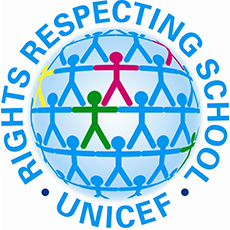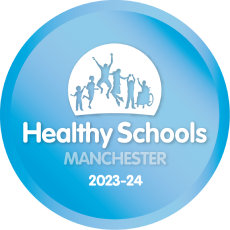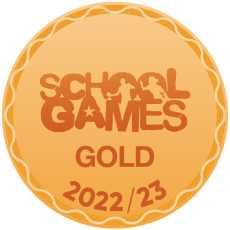History Curriculum
“The more that you know about the past, the better prepared you are for the future.” T. Roosevelt
History Curriculum Intent
Our intention in History is to convey a greater understanding and knowledge of British and World History. We believe that the study of history involves engaging pupils in investigating questions about people and events in the past in order to enable them to better understand their lives today and prepare them for a future as more informed and enlightened citizens.
By using the golden threads of migration, invaders and settlement, legacy and achievement and our locality, we engage children in discussions about the complexity of people’s lives, including those of the present, the process of change and the diversity of societies and beliefs, whilst celebrating these differences.
We teach our pupils to ‘think like a historian’ by examining artefacts and sources from the time and encouraging them to think critically about what we might be able to learn from the evidence. Woven through our planning is a recognition of diversity - we teach the pupils that people from all backgrounds, ethnicities and religions have had an impact on the world and we hope that children see themselves in our curriculum.
Curriculum Implementation
Our history curriculum has been designed to be both knowledge-rich and coherently sequenced. Knowledge means not only substantive knowledge of historical events, dates and people in the past, but also knowledge of substantive concepts in history (our ‘golden threads’), and disciplinary historical concepts ( such as evidence, causation, significance and interpretation).
The history curriculum allows children to develop a chronologically secure knowledge and understanding of local, British and world history, building on their learning in EYFS, where children develop a sense of past and present, through stories and their own experiences.
The substantive knowledge taught in the curriculum has been carefully chosen and sequenced. In KS1, children learn about a period of history, the Stuarts, through a focus on 2 significant events - the Gunpowder Plot and the Great Fire of London. Both London- based events are learnt about when the children are focusing on the UK, its capital cities and the physical and human geography of the city in their geography units. The topics are built around the use of stories - engaging children through storytelling and using it to develop their critical understanding of the past. Children learn to think about and reflect on who is telling the story and why they may be doing so. Children find out about changes to items in living memory - clothes and toys - but also research and discover the huge changes in these items since Stuart times. These topics introduce the concept of sources and ‘how do we know? ‘
KS1 children also find out about significant historical figures - local, national and international. These figures have been chosen to represent the cultural diversity of our children (“You can't be what you can't see.” Marian Wright Edelman).
Throughout LKS2, children focus on British history, learning about Britain’s invaders and how they have shaped the country that we know today. In each of these units, there is always a link to locality (e.g in Roman Britain, children learn about the Brigante Celtic tribe from North West England or about Anglo Saxon place names in the region). A unit on Walter Tull marries children’s love of football with migration and cultural diversity in Britain.
In UKS2, history becomes increasingly focused on the wider world. The study of ancient civilisations is a journey into learning and understanding of the long term and sustained effects of different peoples - how we can gain insights into human behaviour, societal structures, and the consequences of historical events. Significant events, in both modern and early history - the Industrial Revolution, Battle of Britain and Benin and the Transatlantic Slave Trade aim to enable children to see the influence that Britain had on the wider world, and how the wider world has influenced Britain. All of these units are studied to provide an understanding of the history of the wider world and our place within it.
Curriculum Impact
The curriculum aims to help children understand how the past is constructed and contested. Children begin by learning about what a historian does, looking at basic sources and simplified perspectives to develop an appreciation and understanding of what it means to be a historian. As their substantive knowledge grows, children will be able to ask perceptive questions, analyse more complex sources and begin to use their knowledge to develop perspective. Disciplinary concepts, such as continuity and change, cause and consequence and similarity, difference and significance, are explored in every unit.
 St Dunstan's School
St Dunstan's School





